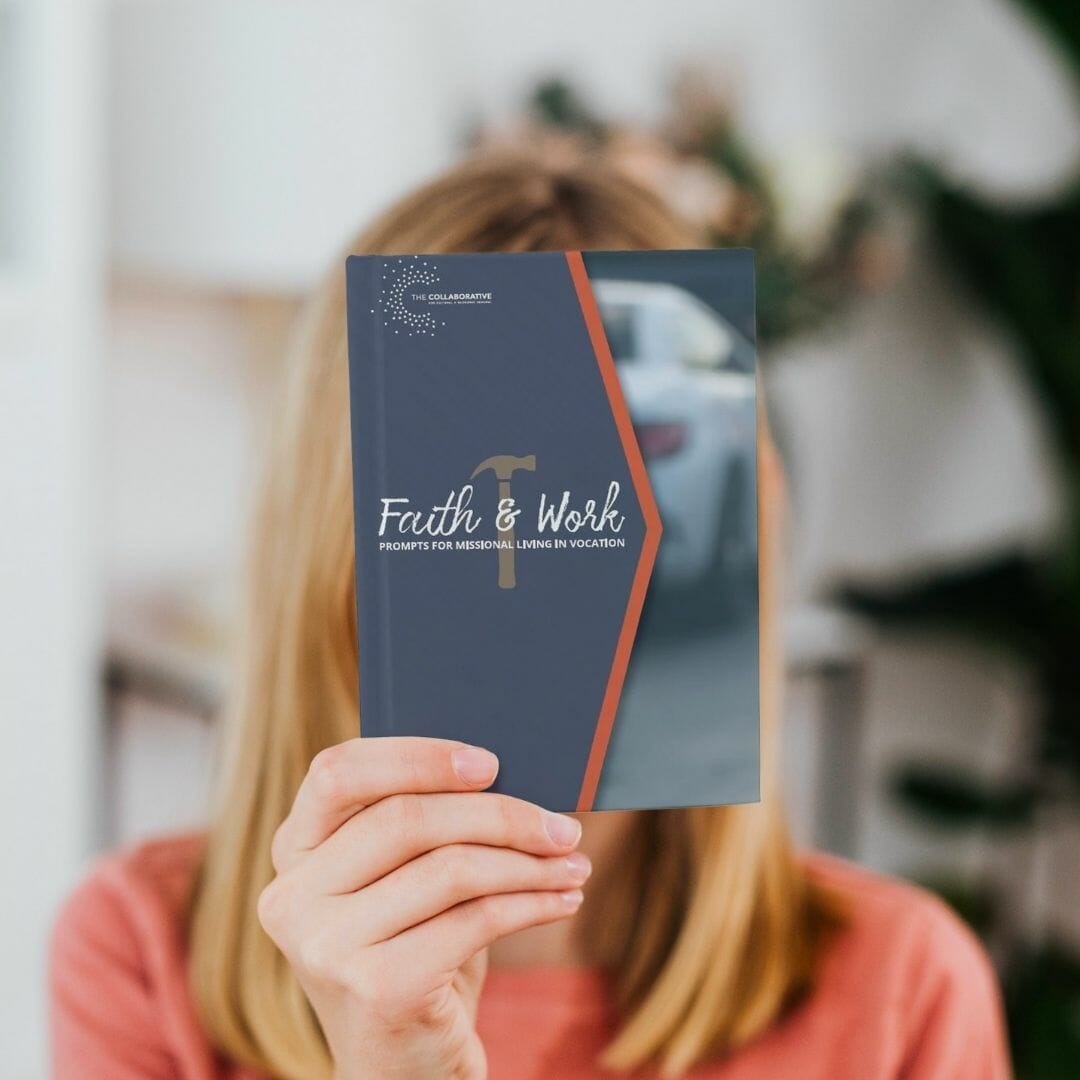When we look at a child, we look at someone who has little to no responsibility. Certainly, an infant has no responsibility. A six month old eats, poops, and sleeps. Any smile or gurgle she deigns to give us from her drool covered throne is the whim of the worst kind of tyrant. What we do not see, because we have not been trained to see, is that the baby is born with the expectation that she will grow to be a beautiful woman. It is sad, and rightly so, when children do not become adults because fruitful maturity is ultimately a baby’s purpose. While many things happen when you become an adult, the main distinguishing feature of being an adult is the assumption of responsibility. While caring for those around her is not her responsibility now, it will be her responsibility later. From the beginning, a baby is born into a communal web of responsibilities to her parents, her community, and her country.
Where we were born was not our decision. While some people have chosen to become American citizens or have chosen to become expats, the majority of the world’s citizens were born in their country. They signed no waivers. Their taxes were taken without asking, and they used the roads they were given without any real thought about who put them there (Unless the roads are full of potholes, then they remember about the taxes). There were no ceremonies save the doctor’s slap on the butt and a hastily scrawled signature by two parents, eyes bleary with lack of sleep, stating that yes, this is my child and this the name we have chosen for her.
Who we are born to and with is not our decision. Whether our parents were rich or poor, educated or not, these were not options we selected on a tablet while we were riding in the stork’s handkerchief. We are born in the middle of a group of strangers who are immediately responsible for us, and we are ultimately responsible to them. We may have a successful, outgoing sister who helps us get a job offer at her workplace or a brother who struggles with mental illness. It is true that in American society, some people choose to distance themselves from their family, while some people choose to stay close, both in obligation and geography. But our culture has not changed so much that we still do not have to at least consider these responsibilities. There are still several solid miles of mental distance between “Oh, did you hear so and so has cancer?” and “Your mother has cancer.” And this is an important point, that the choices we have to make are themselves inherited and not chosen.
It may be true that we choose our neighbors or co-workers, but neighbors move and people change jobs. Like never before, our coworkers come and go. Who we work with one day might be completely different the next. Even “Till death do us part” makes no guarantees about bodies or character, only that we’ll be there to see it through. (And who truly knows someone anyways. I just found out that my wife finds the smell of car oil nostalgic.) Our only real choice is how we handle our responsibilities to the people we meet.
What is responsibility? Responsibility is the chance encounter on the road like the Good Samaritan reaching out to a hurting stranger. That other person in our path gifts us a choice. Will I be a good neighbor? Will I help them? Will I walk by and sear my conscience? The stranger could be a family member. It could be someone with a flat tire on the side of the road. It could be a coworker. These moments might require only a kind word, or they might disrupt your life with a sustained intervention. We are not roman candles firing into the darkness, alone and then gone. We are fruitful branches of a large and nourishing vine. We are not closed off unless we choose to be, and if we cut these branches, this web of responsibility, we hurt ourselves as well. Responsibility is not a just a mark of who we are as individuals; it is the proof that we are made weak and strong as a community.
PJ Wehry is a Gotham alumnus and the co-founder of Candid Goat, a web development agency serving small businesses in Orlando.
What We Are Thinking About
Quote: “Indeed the mystery of Christ runs the risk of being disbelieved precisely because it is so incredibly wonderful.” – St. Cyril of Alexandria
Events: February 6th – March 24th Hamlet at Orlando Shakes



